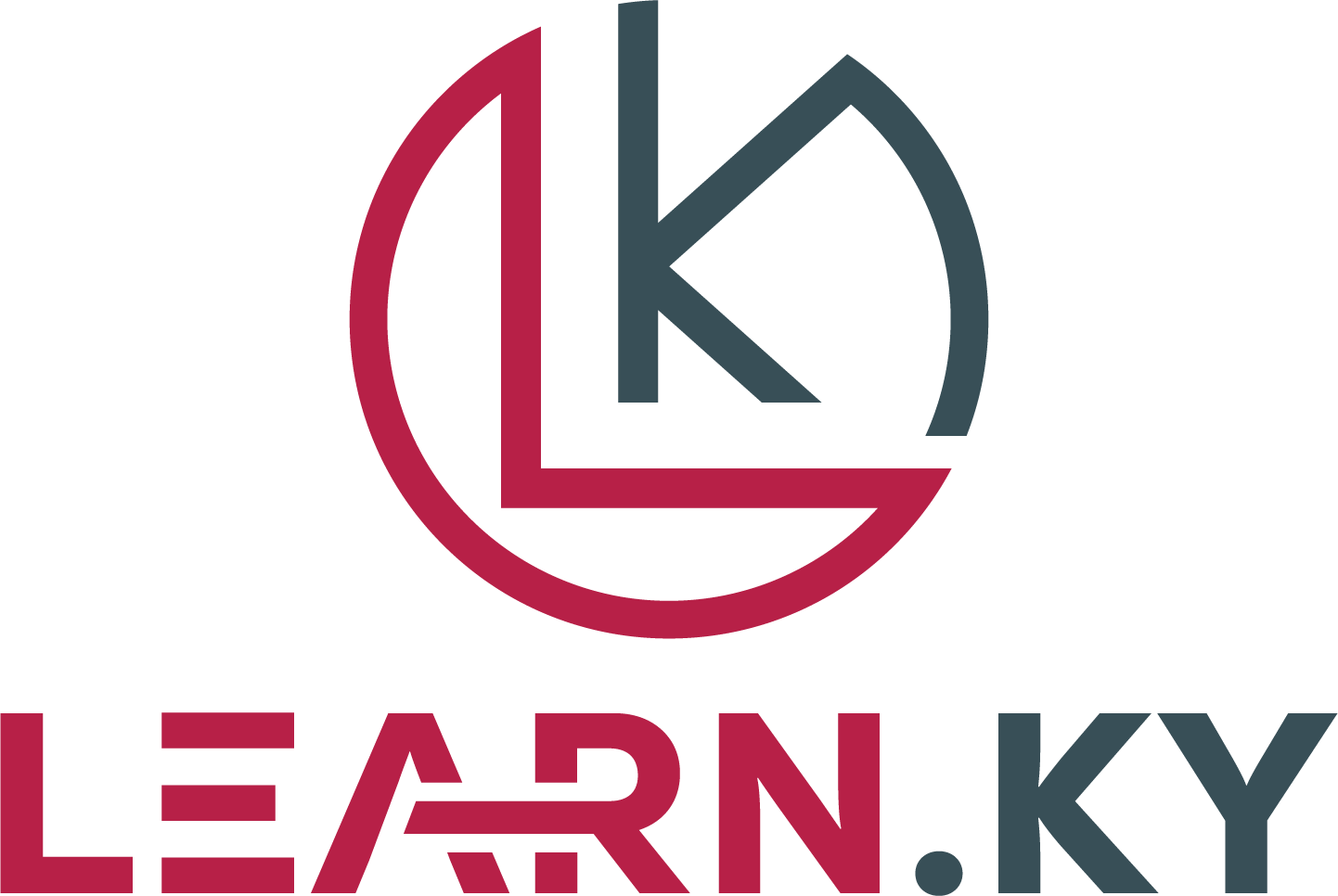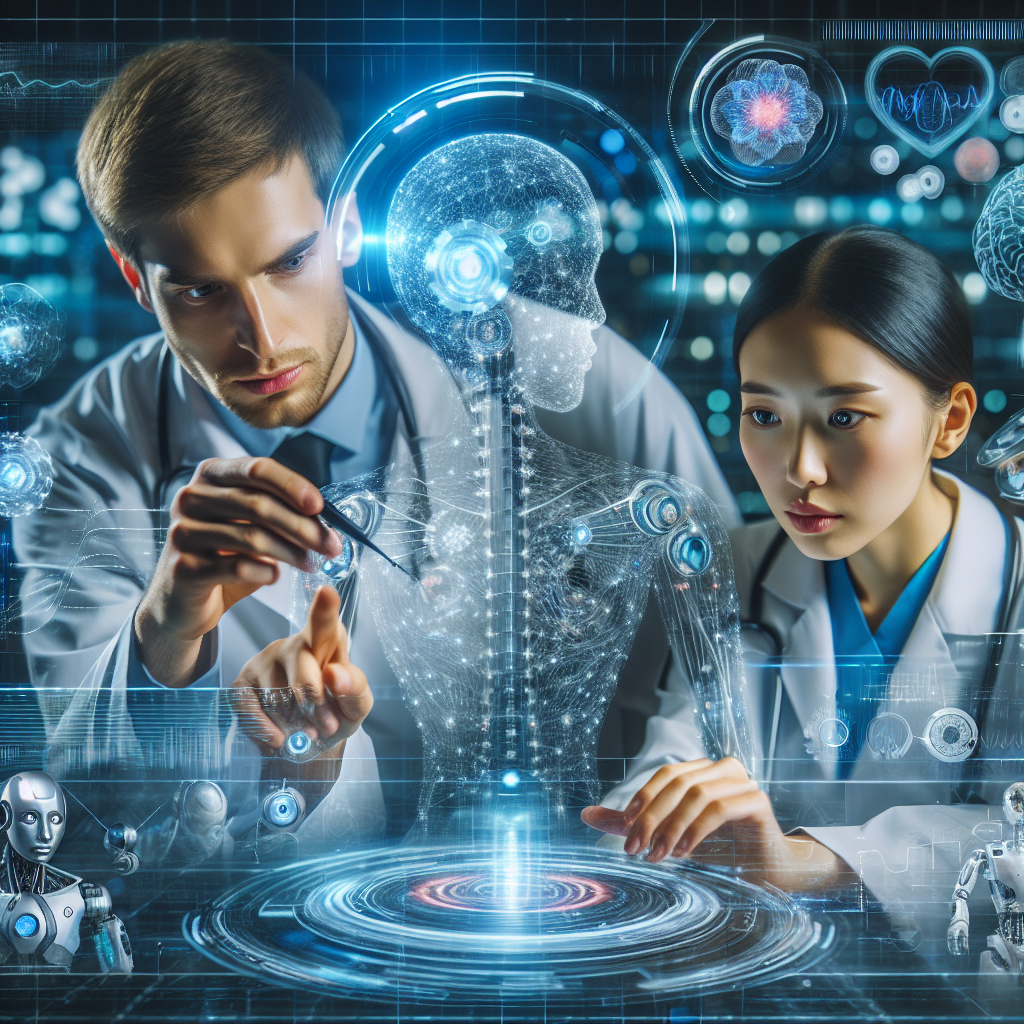In the ever-evolving landscape of healthcare, one technological innovation has been making waves and capturing the imagination of professionals and patients alike: Artificial Intelligence (AI). From diagnosing diseases to optimizing treatment plans, the potential of AI in revolutionizing healthcare is boundless. In this article, we will explore the next frontier of AI in healthcare, delving into its transformative impact on patient care, medical research, and healthcare delivery. We will examine how AI is reshaping the way healthcare is practiced, and the opportunities and challenges that lie ahead.
AI in Diagnostics and Disease Management
One of the most promising applications of AI in healthcare is in diagnostics and disease management. Machine learning algorithms can analyze vast amounts of data, including patient records, imaging scans, and genetic information, to identify patterns and trends that human clinicians may miss. This can lead to earlier detection of diseases, more accurate diagnoses, and personalized treatment plans tailored to each patient’s unique characteristics.
For example, AI-powered algorithms have been developed to analyze mammograms and detect breast cancer with higher accuracy than human radiologists. In a study published in JAMA, a deep learning model was found to outperform radiologists in detecting breast cancer from mammograms. This technology has the potential to improve early detection rates and save lives.
AI in Drug Discovery and Development
Another area where AI is making a significant impact is in drug discovery and development. Traditionally, drug discovery is a laborious and expensive process that can take years to bring a new drug to market. However, AI can accelerate this process by analyzing vast amounts of data to identify potential drug candidates, predict their efficacy, and optimize dosing regimens.
For example, BenevolentAI, a UK-based pharmaceutical company, uses AI algorithms to sift through scientific literature, clinical trial data, and genetic information to identify novel drug targets for diseases such as amyotrophic lateral sclerosis (ALS) and Parkinson’s disease. By leveraging AI, BenevolentAI has been able to identify promising drug candidates faster and more efficiently than traditional methods.
AI in Healthcare Delivery
Beyond diagnostics and drug discovery, AI is also transforming healthcare delivery. From virtual health assistants to predictive analytics for hospital management, AI is streamlining processes, reducing costs, and improving patient outcomes. Virtual health assistants, powered by AI, can provide patients with personalized health information, reminders for medication adherence, and guidance on managing chronic conditions.
Additionally, predictive analytics tools can help hospitals and healthcare systems optimize resource allocation, predict patient outcomes, and prevent medical errors. For example, the University of Pittsburgh Medical Center (UPMC) has developed a predictive analytics platform that uses AI algorithms to identify patients at high risk for sepsis. By proactively identifying these patients, UPMC has been able to intervene early and reduce mortality rates.
Challenges and Opportunities
While the potential of AI in healthcare is vast, there are also challenges that need to be addressed. These include concerns about data privacy and security, the need for transparent and explainable AI algorithms, and the potential for bias in AI decision-making. However, with proper regulations, ethical guidelines, and ongoing research, these challenges can be overcome.
In conclusion, the next frontier of AI in healthcare offers a world of opportunities for improving patient care, advancing medical research, and transforming healthcare delivery. By harnessing the power of AI, we can unlock the full potential of data-driven medicine and create a future where healthcare is more personalized, efficient, and effective. As we continue to explore the boundless potential of AI in healthcare, the possibilities are truly limitless.










